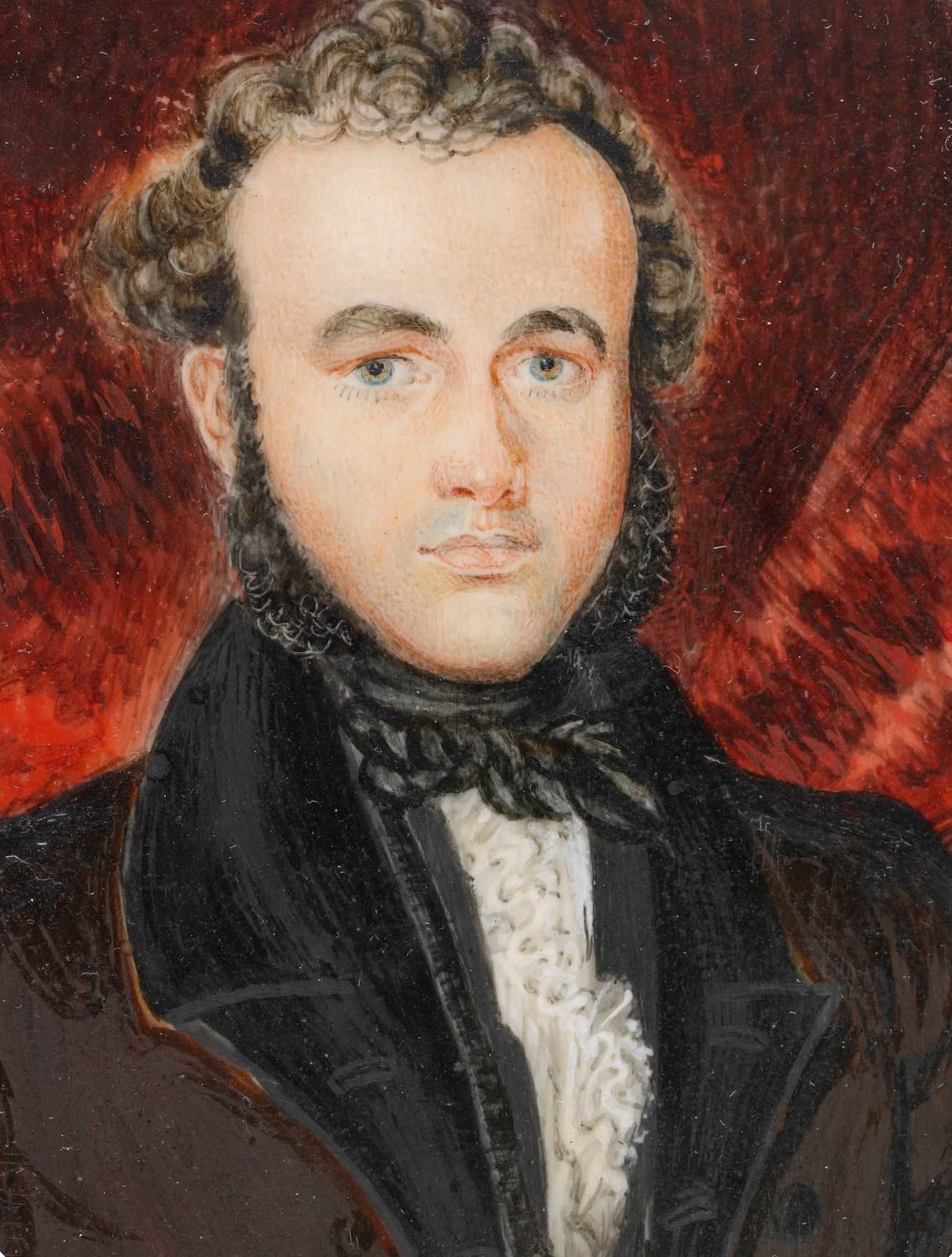Richard Windeyer was a prominent early Australian barrister, journalist, and politician whose influence helped shape the legal and political landscape of colonial New South Wales. Born in London in 1806, he came from an educated family and trained in law at the Middle Temple. He was called to the bar in England but decided to seek greater opportunities abroad. In the 1830s, he emigrated to Sydney where he quickly established himself as one of the colony’s most effective advocates and public thinkers.
In a time when the legal profession in New South Wales was still developing its identity, Windeyer brought intellectual rigour and a passionate commitment to justice. He was not only a skilled courtroom advocate but also a reform-minded commentator who used his writing and speeches to argue for change. He contributed to newspapers, wrote essays, and spoke at public meetings. Much of his early work addressed social conditions and the need for equitable legal structures in the growing colony.
Windeyer entered political life in 1843 when he was elected to the New South Wales Legislative Council. There, he championed causes that reflected his deep concern for fairness, good governance, and the future independence of the colony. He argued for greater fiscal control by the local government, supported expanded civil rights for settlers, and called for more responsive institutions. His speeches were admired for their clarity and their grounding in both legal principle and human compassion.
One of the most notable aspects of Windeyer’s legacy was his recognition of the injustice suffered by Aboriginal Australians. At a time when few of his peers gave serious thought to Indigenous rights, Windeyer was willing to speak publicly about the moral and legal failures of colonial policy. In one parliamentary speech, he acknowledged the violence and dispossession that had accompanied British expansion and questioned whether a society built on such a foundation could claim legitimacy. While his proposals were limited and framed within the assumptions of his time, his words stood out as rare early acknowledgments of Indigenous suffering in public discourse.
Outside the courtroom and chamber, Windeyer was also a successful pastoralist. He acquired land in the Hunter Valley and built a homestead called Tomago, which became a centre of both agricultural innovation and cultural life. His success as a landholder gave him the means to support public causes and to provide for his large family. Several of his descendants would go on to occupy prominent roles in the legal and political life of Australia.
Windeyer’s life was cut short in 1847 when he died suddenly at the age of forty. Despite his relatively brief career, he left a strong impression on his peers and on the institutions he helped shape. His name lived on through both his writings and his family, many of whom carried forward his commitment to public service and legal reform. Richard Windeyer remains a respected figure in Australian legal history for his advocacy, his eloquence, and his early stand on matters of justice that many others ignored.

No Responses